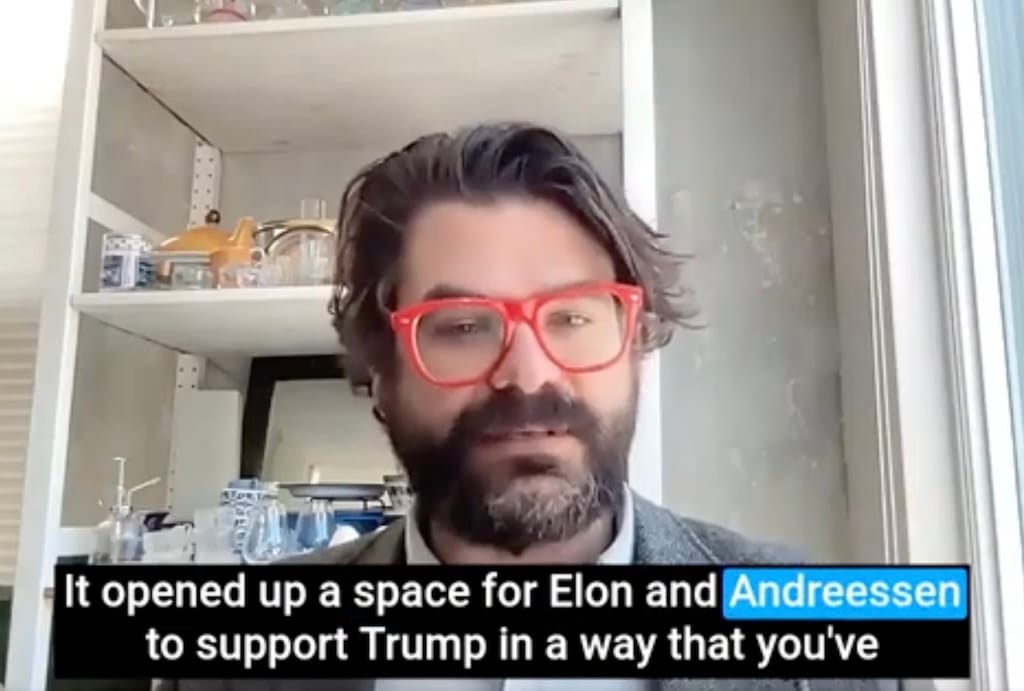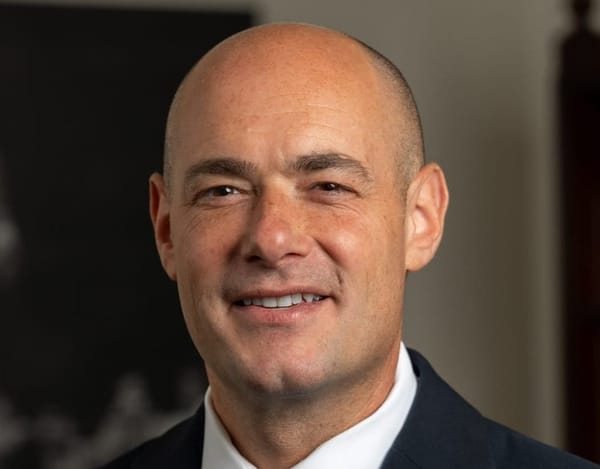Silicon Valley's 'Little Tech Agenda' Marks Shift in Trump-Tech Relations
The panel explored the tensions between the Silicon Valley supporters of Donald Trump and the president's MAGA base.
Broadband Breakfast

WASHINGTON, January 30, 2025 - A venture capital firm's policy document has sparked fresh debate about Silicon Valley's political realignment and drew increased attention to tech industry priorities in the lead up to Donald Trump's presidential victory, according to a Broadband Breakfast Live Online panel on Wednesday.
The “Little Tech Agenda”, released by Marc Andreessen and Ben Horowitz on July 5, 2024, preceded significant developments in tech industry political alignments, most notably Elon Musk's unprecedented $277 million in support for Trump and Republican candidates.
The document focused on several key issues: cryptocurrency regulation, artificial intelligence development, merger and acquisition policies, and capital gains taxation. These priorities helped create what some industry observers are calling a "permission structure" for Silicon Valley executives to support Trump's return to the White House.
 Broadband BreakfastWill Rinehart
Broadband BreakfastWill Rinehart
"This document opened up a space for Elon and Andreessen to support Trump in a way that you've never seen, especially the Silicon Valley jet set," said Will Rinehart, senior fellow at the American Enterprise Institute. "You really have never seen them go for a president, and specifically haven't seen them go for a right-lean president like this in quite some time."
However, Jennifer Huddleston, senior fellow at the Cato Institute, pushed back on framing it as a new agenda. "While I think that the idea of a little tech agenda might be a bit of a misnomer... what it really is is a continuation of the American agenda that has been light-touch regulation when it comes to innovation," she said.
Gary Shapiro, CEO of the Consumer Technology Association, also rejected the premise of a divide between big and small tech companies, arguing that their interests fundamentally align
"I want to reject the premise that there's somehow a schism between big tech and little tech. It doesn't exist except in some extremely narrow areas," Shapiro said. "They agree on everything."
If anything, the emphasis seems to be on the document’s critique of the regulatory state.
"One of the things that really sticks out to me in the little tech agenda is its emphasis on the regulatory state and on regulatory agency action," Huddleston said. "We've been seeing that a lot of tech regulation is not coming out in kind of the traditional legislation form but through particularly agency actions."
Immigration emerged as a potential point of tension within the new Trump-tech alliance. Shapiro highlighted the practical challenges of Trump's immigration stance, noting that "if we got rid of everyone today that Trump wants to get rid of, our houses can't get built."
The sustainability of this new alignment remains uncertain, experts suggested. "This is a marriage of shared interest," Shapiro said. "The tech industry wants to innovate, grow the economy, make life better for everyone in the world... The Trump administration wants a lot of the same things."
The discussion took place against the backdrop of Trump's first ten days back in office, with speakers noting significant changes in both tech policy and administration staffing, including reports of former Musk associates joining the Office of Personnel Management.
The panelists also addressed concerns about trade policies, with several expressing worry about potential semiconductor tariffs and broader trade restrictions that could affect the tech industry's global competitiveness.
The panel was moderated by Drew Clark, CEO and Publisher of Broadband Breakfast.








Member discussion